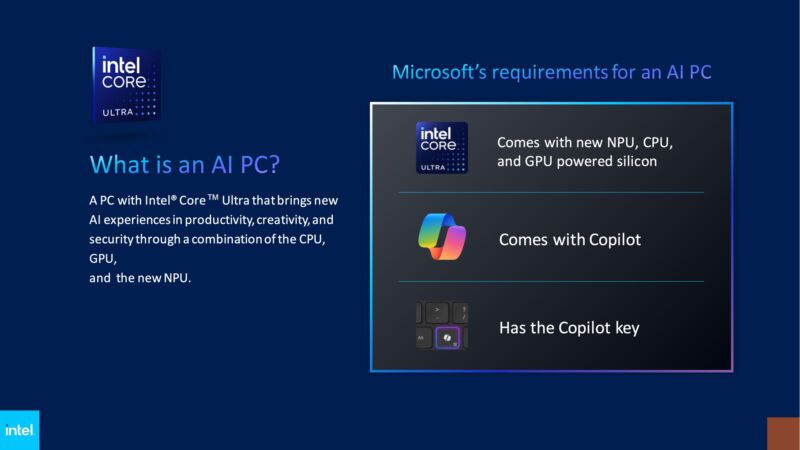
Enlarge
/
An artist's interpretation of what ChatGPT might look like if embodied in the form of a robot toy blowing out a birthday candle. (credit: Aurich Lawson | Getty Images)
One year ago today, on November 30, 2022, OpenAI released
ChatGPT
. It's uncommon for a single tech product to create as much global impact as ChatGPT in just one year.
Imagine a computer that can talk to you. Nothing new, right? Those have been around
since the 1960s
. But ChatGPT, the application that first bought
large language models
(LLMs) to a wide audience, felt different. It could compose poetry, seemingly understand the context of your questions and your conversation, and help you solve problems. Within a few months, it became the
fastest-growing
consumer application of all time. And it created a frenzy.
During these 365 days, ChatGPT has broadened the public perception of AI, captured imaginations,
attracted critics
, and stoked existential angst. It
emboldened
and
reoriented
Microsoft,
made Google dance
, spurred
fears of AGI
taking over the world, captivated
world leaders
, prompted attempts at
government regulation
, helped add
words to dictionaries
, inspired
conferences
and
copycats
, led to a
crisis
for educators, hyper-charged
automated defamation
, embarrassed
lawyers
by hallucinating,
prompted lawsuits
over training data, and much more.
 chevron_right
chevron_right







